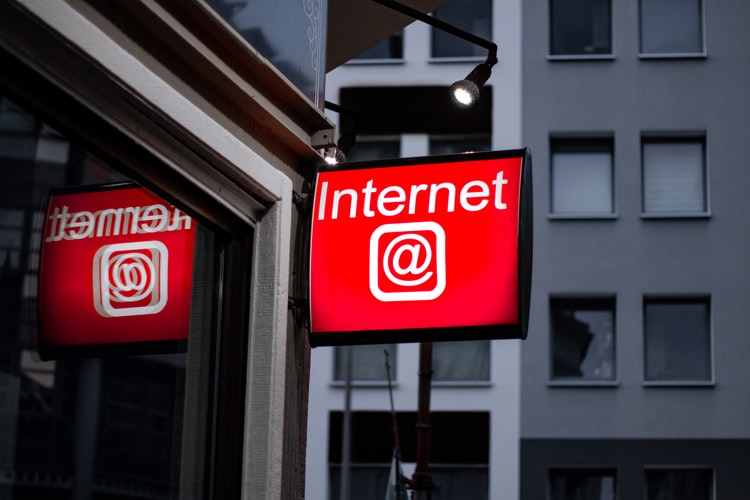6 Factors to Consider When Choosing an Internet Service Provider
Selecting an internet service provider is an important decision that will affect the way you work, play, learn, and communicate.

6 Factors to Consider When Choosing an Internet Service Provider
Selecting an internet service provider (ISP) is a crucial decision that affects your daily online activities. Here are six key factors to consider to ensure you choose the best ISP for your needs:
1. Service Type
ISPs use various methods to deliver internet, each with its pros and cons:
- DSL: Affordable and consistent but relatively slow. Providers include AT&T, Earthlink, and CenturyLink.
- Cable: Fast and widely available but can slow during peak hours. Major players include Comcast Xfinity, Spectrum, and Cox.
- Satellite: Available in rural areas but can be expensive and affected by weather. Providers include HughesNet and Viasat.
- Fiber Optic: Extremely fast but limited in availability. Providers include AT&T, Verizon, and CenturyLink.
2. Download and Upload Speed
The speed at which you can download and upload data is critical for a good user experience. For example, streaming a movie on Netflix requires a download speed of 5 Mbps, while HD video calling needs an upload speed of about 1.2 Mbps. Assess your needs to avoid paying for unnecessary high speeds.
3. Cost and Contract
Consider the cost of the internet service and any additional fees. Compare different ISPs in your area to find the best deal. Pay attention to contract lengths and terms. While some ISPs offer month-to-month plans, others may require long-term commitments.
4. Equipment
Most ISPs provide the necessary equipment, such as a modem and router, for a rental fee. Bundling equipment with your service can save you money, but you also have the option to purchase your own equipment to avoid rental fees.
5. Reliability
Research the reliability of ISPs in your area. Customer reviews and uptime statistics can provide insight into the reliability of the service. Factors such as the type of service and weather conditions can also impact reliability.
6. Customer Support
Good customer support is essential for resolving any issues that arise. Look for ISPs with a reputation for responsive and helpful customer service. Reviews and personal experiences can help gauge the quality of support provided by different ISPs.
Relevant Links
Contact Us
Our team is here to help you find the perfect internet plan for your needs.




